Obtain access to Coming up with conference talk Abstract Templates and easily personalize them for your document-centered processes. View, adjust, and send finalized documents to other contributors with several clicks.

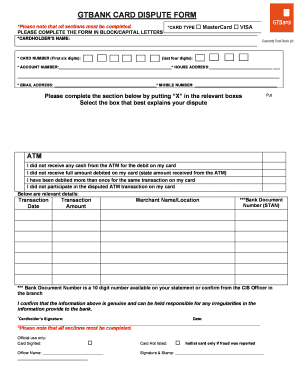
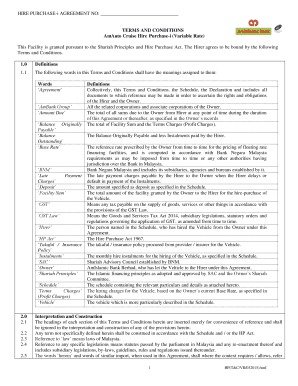
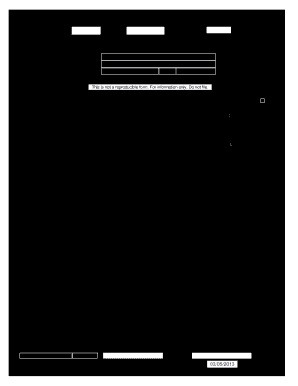
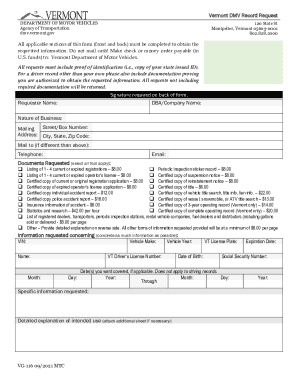
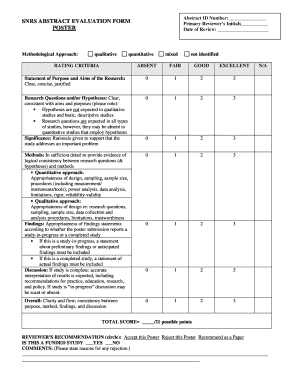

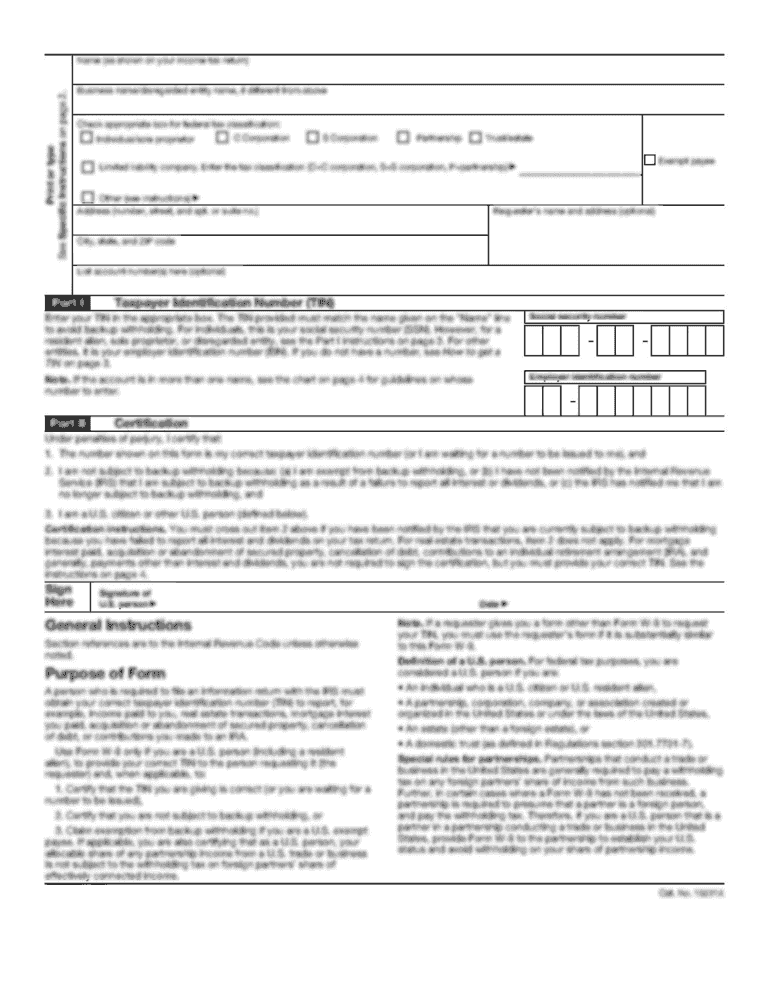
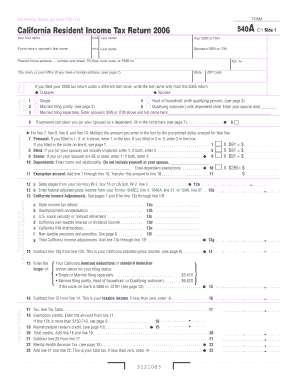
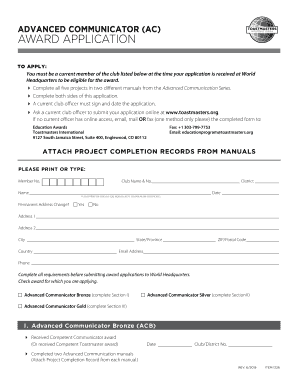

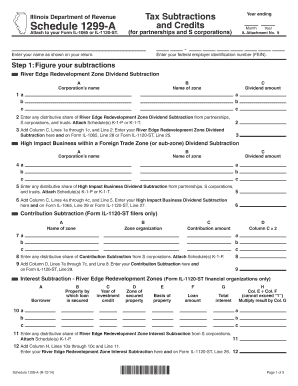
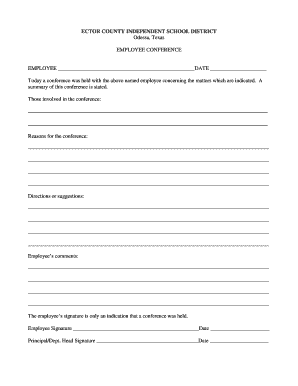
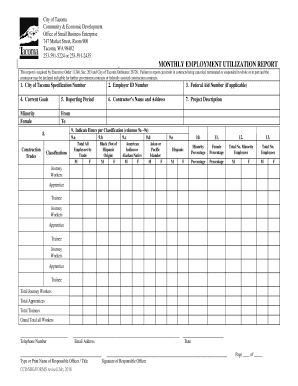


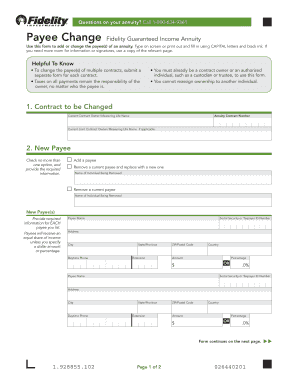

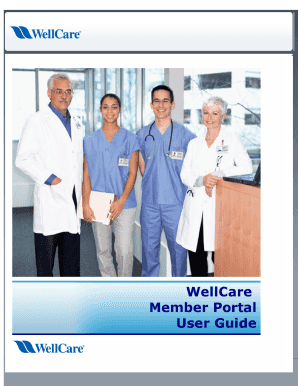



Your workflows always benefit when you can discover all of the forms and files you may need at your fingertips. DocHub gives a a huge collection of document templates to ease your day-to-day pains. Get hold of Coming up with conference talk Abstract Templates category and easily discover your document.
Start working with Coming up with conference talk Abstract Templates in a few clicks:
Enjoy easy file managing with DocHub. Discover our Coming up with conference talk Abstract Templates online library and locate your form right now!